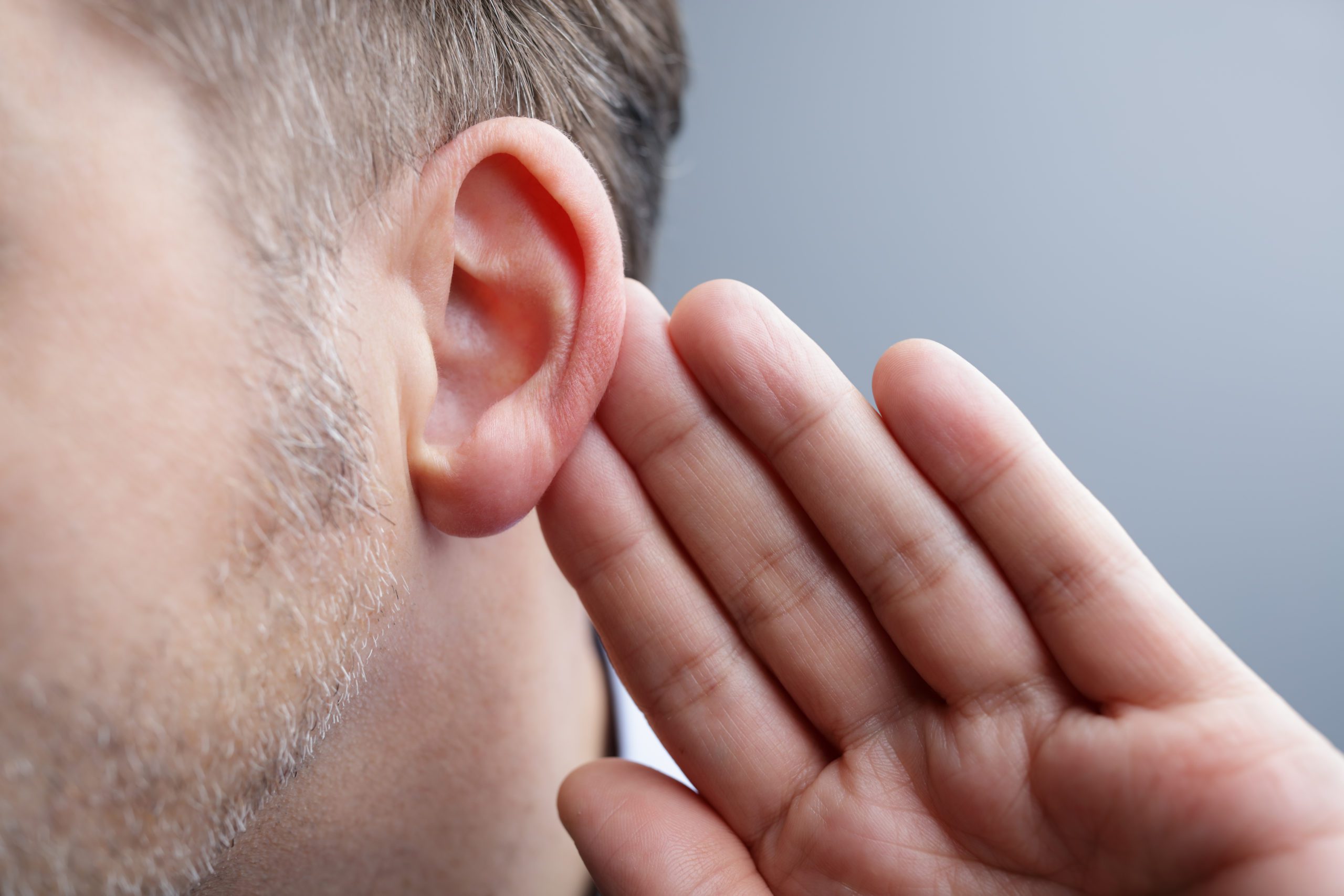You may have hearing loss and not even be aware of it. People of all ages experience gradual hearing loss, often due to the natural aging process or long exposure to loud noise. Other causes of hearing loss include viruses or bacteria, heart conditions or stroke, head injuries, tumors, and certain medications. Treatment for hearing loss will depend on your diagnosis.

Hearing is a complex and intricate process. The ear comprises three sections: the outer ear, the middle ear, and the inner ear. These parts work together so you can hear and process sounds. The outer ear, or pinna (the part you can see), picks up sound waves and directs them into the outer ear canal.
These sound waves travel down the ear canal and hit the eardrum, which causes the eardrum to vibrate. When the eardrum vibrates, it moves three tiny bones in your middle ear. The middle ear is a small air-filled space between the eardrum and the inner ear. These bones form a chain and are called the hammer (or malleus), anvil (or incus), and stirrup (or stapes). The movement of these bones transmits and amplifies the sound waves toward the inner ear.
The third bone in the chain, the stapes, interfaces with fluid that fills the hearing portion of the inner ear — the cochlea. The cochlea is lined with cells that have thousands of tiny hairs on their surfaces. As the fluid wave travels through the cochlea, it causes the tiny hairs to move. The hairs change the mechanical wave into nerve signals. The nerve signals are then transmitted to your brain, which interprets the sound.
Tips To Maintain Hearing Health
Sudden sensorineural hearing loss — also called sudden hearing loss or sudden deafness — is far more serious than an ear plugged with wax, and immediate treatment is crucial.
Patients should be seen within 48 hours or may be much more likely to have permanent hearing loss.
Unlike the slow buildup of earwax, sudden hearing loss occurs very rapidly — over a period of a few hours or, at the most, a few days. It usually strikes adults between 30 and 60 years old (though it can happen to anyone), and most people with the condition experience loss in only one ear.
There are dozens of possible causes, and a detailed examination is required to discover what’s behind the sudden loss of hearing.